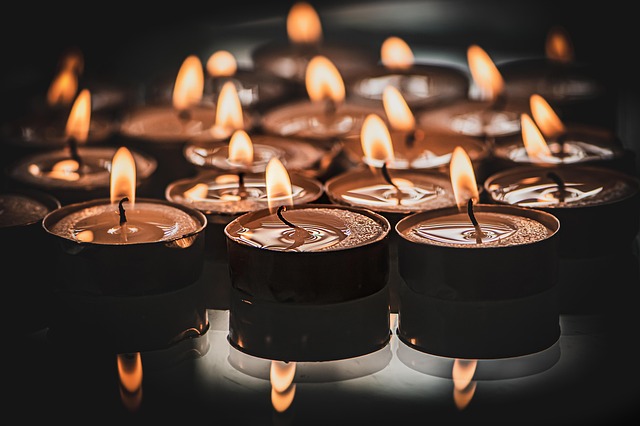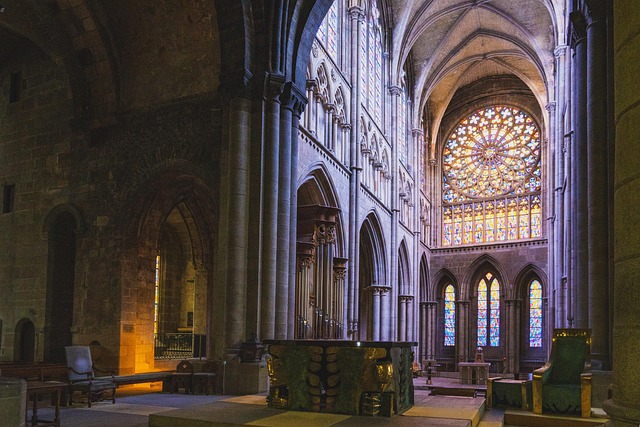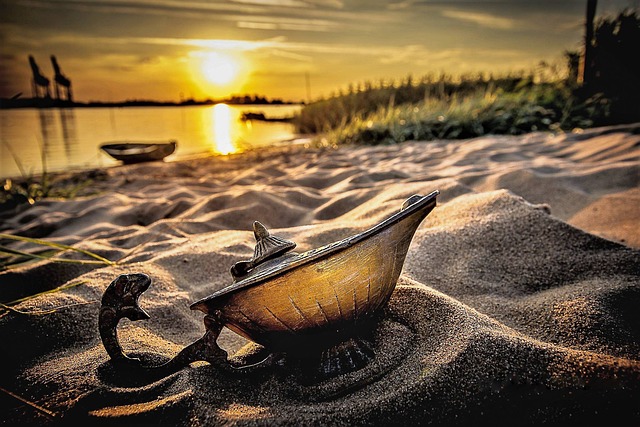Sacrificial rites have been a profound aspect of religious practices throughout history, serving as a powerful means of connecting the divine with the mortal realm. These ceremonies, rich in symbolism and tradition, often evoke deep emotions and foster a sense of communal identity. It’s fascinating how different cultures interpret sacrificial rites, each weaving their own narrative while sharing the common thread of seeking favor from higher powers, gratitude, or atonement for wrongdoings.
At the heart of sacrificial rites is the concept of giving—offering something valuable to transcendent forces in exchange for blessings, guidance, or forgiveness. This act of surrendering what is cherished, be it animals, crops, or symbolic objects, manifests profound humility and acknowledges the inherent power of the divine. Such practices evoke sentiments of reverence and devotion, calling upon participants to confront their deepest values and beliefs.
Culturally, sacrificial rites hold immense significance. In communities around the world, these rituals often bring people together, creating a sense of belonging and mutual understanding. For instance, in ancient cultures, the act of sacrifice was seen as a covenant between communities and their gods, reinforcing social bonds and collective identity. Today, even in modern religious contexts, the essence of sacrificial practices endures, adapting to contemporary values while maintaining their emotional and spiritual relevance.
Moreover, sacrificial rites often serve to mark significant life events or transitions. From rites of passage to seasonal celebrations, these rituals encapsulate essential human experiences—birth, death, and renewal. They allow individuals to articulate grief, joy, and hope within a structured framework, offering comfort in times of uncertainty. Engaging in these rituals connects individuals with their heritage, fostering a sense of continuity and purpose in an ever-changing world.
As we explore the significance of sacrificial rites within the broader scope of religion, it’s vital to consider the ethical implications. The evolution of these rituals has seen a shift towards more symbolic offerings in many cultures, reflecting a deeper respect for life and an understanding of the interconnectedness of all beings. This transformation showcases the capacity of religions to adapt and grow while retaining their core messages of compassion and respect.
In essence, sacrificial rites are far more than mere acts of devotion; they are profound expressions of humanity’s relationship with the divine. By delving into these rituals, we uncover layers of meaning that resonate through time, reminding us of our shared quest for connection, redemption, and the celebration of life itself. The exploration of sacrificial rites invites us to reflect on our values and our place within the spiritual tapestry of our existence.




